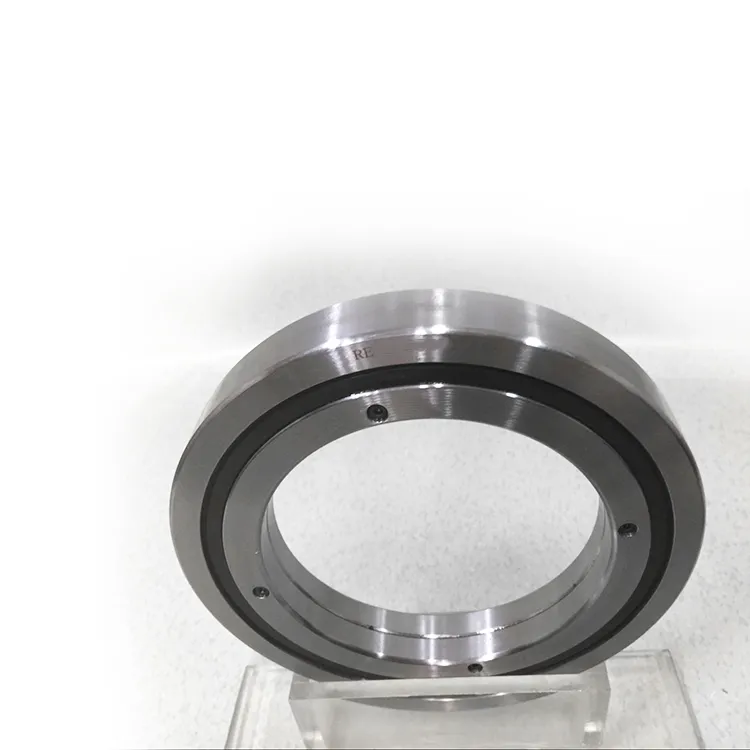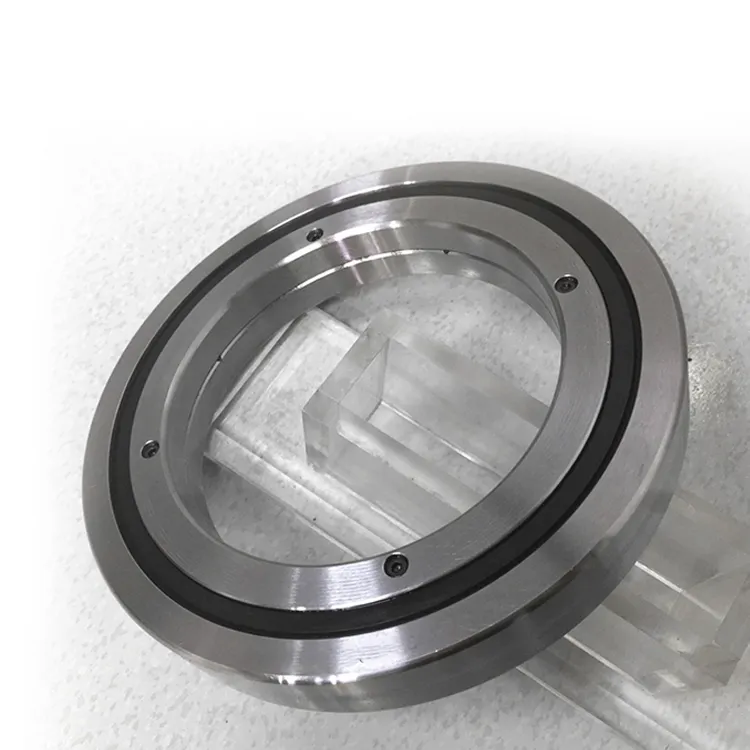Both roller bearings and ball bearings are rolling bearings used to reduce friction and support radial and axial loads in rotating applications. They differ significantly in several ways.

Roller bearing: It is a kind of rolling bearing and one of the widely used components in modern machinery. It relies on rolling contact between the main components to support the rotating parts. The rolling element of the roller bearing is usually cylindrical or conical, with different structural types, such as spherical roller bearings, thrust spherical roller bearings, tapered rollers and cylindrical roller bearings.
Ball bearing: It is also a kind of rolling bearing, and its rolling element is spherical, that is, the steel ball is installed between the inner and outer steel rings. The design of ball bearings enables it to withstand large loads and is widely used in various mechanical equipment.
Contact mode: The rolling element and raceway of the roller bearing are in line contact. As the load increases, the contact line will become a rectangle, and the contact area is relatively large. The rolling element and raceway of the ball bearing are in point contact. As the load increases, the contact point will become an elliptical area, and the contact area is small.
Load-bearing capacity: Due to the different contact areas, roller bearings usually have higher load-bearing capacity. Compared with ball bearings of the same size, roller bearings can withstand heavier loads, but the speed may be relatively low. Ball bearings are more suitable for low torque and high speed applications.

Roller bearings:
Applicable to occasions that need to withstand high radial and axial forces.
The starting torque is small, the rotation accuracy is high, and it is easy to select.
...
For more detailed information about the difference between roller bearings and ball bearings, please click here: https://www.boyingbearing.com/en/a/news/difference-between-roller-bearings-and-ball-bearings.html